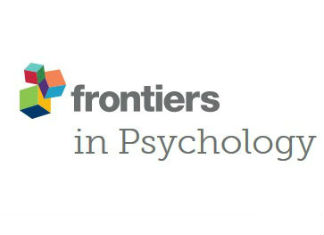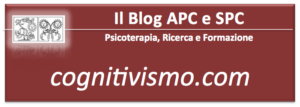Abstract
An exaggerated sense of responsibility is currently considered as the ground for the obsessive–compulsive disorder. Obsessive-like behaviors, such as hesitations and checks, may be induced in non-clinical subjects by increasing perceived responsibility (i.e., perceived personal influence on negative outcomes). In line with Salkovskis’ proposal [The cognitive approach to anxiety: threat beliefs, safety-seeking behavior, and the special case of health anxiety and obsessions, in: P.M. Salkovskis (Ed.), Frontiers of Cognitive Therapy, Guilford, New York], we tested the hypothesis that reduced coping abilities (i.e., an exaggerated expectation of failure) are another effectual factor contributing to obsessive-like behaviors. We examined 47 normal volunteers in a visuo-spatial memory task, and manipulated their perceived personal influence and expectation of failure by giving differential instructions and feedback about their performance. Increase of perceived personal influence induced slowness, hesitations and checks without enhancing performance. Expectation of failure exacerbated obsessive-like behaviors, again without affecting performance. These results confirm the role of responsibility in obsessive-like behavior and indicate that reduced coping abilities may contribute to worsen dysfunctional strategies.
Links
- https://apc.it/wp-content/uploads/2013/06/2004_manipulation-of-responsibility-in[...]
- doi:10.1016/S0005-7967(03)00153-0
BibTeX (Download)
@article{Mancini2004449,
title = {Manipulation of responsibility in non-clinical subjects: does expectation of failure exacerbate obsessive–compulsive behaviors?},
author = {Francesco Mancini and Francesca D'Olimpio and Luca Cieri},
editor = {Elsevier ScienceDirect},
url = {https://apc.it/wp-content/uploads/2013/06/2004_manipulation-of-responsibility-in-non_clinical-subjects-does-expectation-of-failure-exacerbate-obsessive_compulsive-behaviors.pdf},
doi = {10.1016/S0005-7967(03)00153-0},
issn = {0005-7967},
year = {2004},
date = {2004-01-01},
journal = {Behaviour Research and Therapy},
volume = {42},
number = {4},
pages = {449 - 457},
abstract = {An exaggerated sense of responsibility is currently considered as the ground for the obsessive–compulsive disorder. Obsessive-like behaviors, such as hesitations and checks, may be induced in non-clinical subjects by increasing perceived responsibility (i.e., perceived personal influence on negative outcomes). In line with Salkovskis’ proposal [The cognitive approach to anxiety: threat beliefs, safety-seeking behavior, and the special case of health anxiety and obsessions, in: P.M. Salkovskis (Ed.), Frontiers of Cognitive Therapy, Guilford, New York], we tested the hypothesis that reduced coping abilities (i.e., an exaggerated expectation of failure) are another effectual factor contributing to obsessive-like behaviors. We examined 47 normal volunteers in a visuo-spatial memory task, and manipulated their perceived personal influence and expectation of failure by giving differential instructions and feedback about their performance. Increase of perceived personal influence induced slowness, hesitations and checks without enhancing performance. Expectation of failure exacerbated obsessive-like behaviors, again without affecting performance. These results confirm the role of responsibility in obsessive-like behavior and indicate that reduced coping abilities may contribute to worsen dysfunctional strategies.},
keywords = {checking, Compulsive, Coping ability, Hesitation, Obsessive, Responsibility},
pubstate = {published},
tppubtype = {article}
}




























